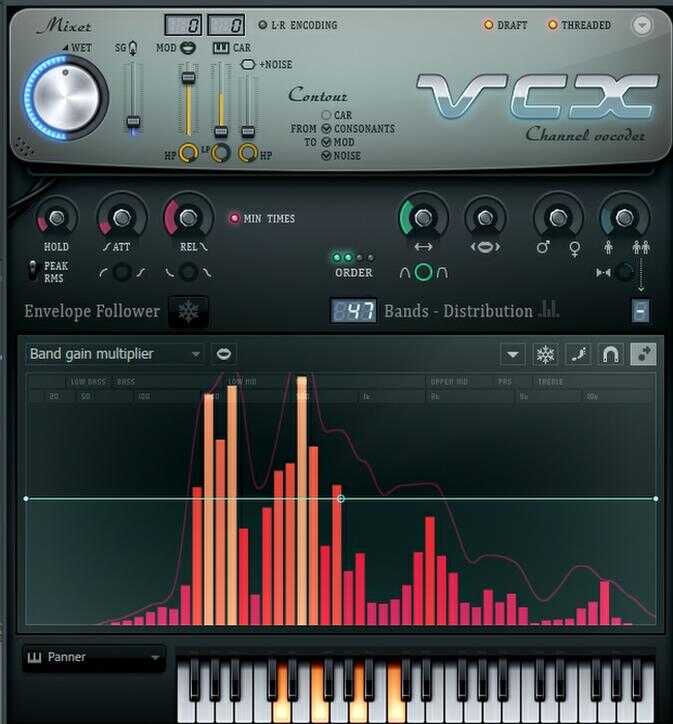Music lessons are structured classes where people, often guided by a music trainer or instructor, learn about varied aspects of music, develop their musical expertise, and practice taking part in instruments or singing. Here are some key elements sometimes concerned in music classes:

Instrumental or Vocal Instruction: The core of most music lessons involves learning how to play a musical instrument or growing vocal abilities. Common devices include piano, guitar, violin, flute, trumpet, and heaps of others. Vocal classes concentrate on bettering singing strategies, pitch, and general vocal performance.
Music Theory: Understanding the fundamentals of music concept is commonly a half of music lessons. This includes learning about notes, scales, chords, rhythm, and other elements that form the muse of music.
Technique and Practice: Lessons sometimes include instruction on proper technique for taking part in an instrument or singing. Regular apply is emphasised to reinforce what's learned in the course of the lesson and to improve proficiency.
Repertoire and Musical Pieces: Students often work on a choice of musical items or songs. This helps them apply the methods they've realized and provides a tangible aim for enchancment. The repertoire can range based mostly on the scholar's talent level and musical preferences.
https://soundshockaudio.com/free-vocoder-vst-plugins/ : Developing the ability to acknowledge and reproduce musical components by ear is a vital talent. Ear training workouts could embrace identifying intervals, chords, and melodies.
Music Sight-Reading: For those studying to learn sheet music, music lessons may embrace sight-reading workout routines. This entails taking half in or singing music that the scholar has not seen earlier than, which helps improve reading skills.
Improvisation and Creativity: Depending on the type of music and the trainer's strategy, classes could encourage improvisation and creativity. This involves experimenting with musical ideas and expressing oneself throughout the framework of the lesson.
Music Appreciation: Understanding and appreciating different types of music, historical contexts, and influential composers or artists are often a half of music lessons. This broader knowledge enhances the student's understanding of the art type.
Performance Skills: Music classes may include guidance on efficiency expertise, together with stage presence, overcoming stage fright, and efficient communication via music.
Music classes can take numerous varieties, including non-public one-on-one instruction, group lessons, or on-line lessons. The structure and content of lessons rely upon the scholar's targets, the teacher's experience, and the musical type being studied. Whether a pupil is a newbie or a complicated musician, ongoing lessons are a priceless means of honing skills and deepening one's understanding and appreciation of music..
